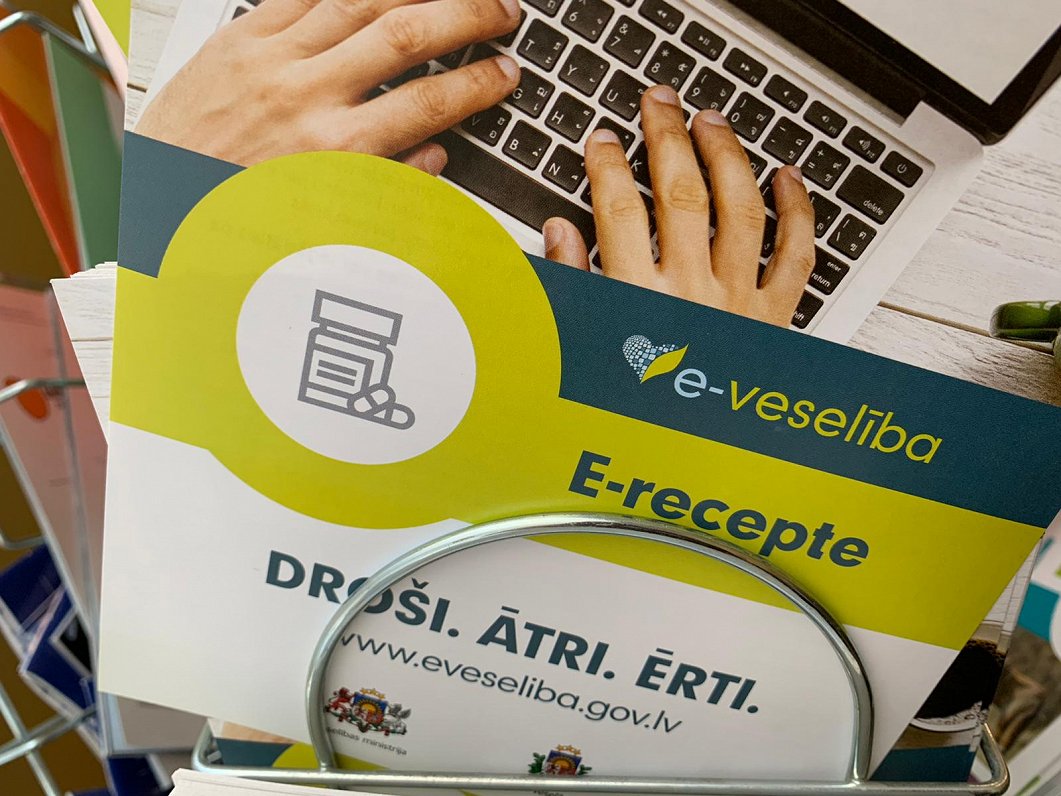At the end of last year and at the beginning of this year, the e-Health system again experienced flare-ups of its chronic ailments, irritating users. At the same time, with increasing rates of vaccination, increased pressure has been placed on the e-Health system, with things like vaccination data needing to be entered. In parallel, IT solutions are also being developed for the organization of vaccination lines and other issues. However, the e-Health system itself will be created again - the first preparations are being launched and the new digital health platform has been earmarked around six million euros, reports De Facto.
In December alone, the availability of e-Health was impaired on seven working days, while for another five working days it stopped working altogether. January looked only a little better – there was disruption on six working days, while February had three disrupted days.
“If there are three, four breaks per hour for more than 10 - 15 minutes, the user can certainly be lucky to hit it at the time the system is working, but there are users who can only hit times when the system is not working,” said Deputy Director of the National Health Service for Information and Communication Technologies Edgars Goba.
One of the system's users, family doctor Ingars Burlaks said: “I've been working with e-Health from the beginning since it appeared. Unfortunately, those problems that were there from the beginning, those chronic problems, such as lagging or throwing the user out of the system, remain."
The family doctor said, though, that the e-Health section that stores data about vaccinated people is working well enough. He has vaccinated more than 250 patients. “Overall, this data-entry, which involves Covid-19 [vaccination], is very transparent, understandable, several fields automatically appear and no trouble,” Burlaks said.
The vaccination data can only be recorded in e-Health. If it does not work, one must enter the data in Excel files, then send them to the National Health Service to be recorded it. As a result vaccination data can appear days after the vaccination was carried out.
At the end of last year, a contract for the maintenance of the National Health Service's information systems, including e-Health, was concluded with the IT company “ZZDats” for a period of three years. The contract also includes consulting and troubleshooting. “What would be required right now is that the system be divided into a number of smaller, say, integrated areas, so that it can be better maintained, and even if anything stopped, it didn't affect the whole system,” said ZZDats director Edžus Žeiris.
It is already clear that the life expectancy of e-Health in its existing state is not too long.
Last year another project for further development of e-Health was discontinued. Instead, €2 million has been allocated from the public budget to create something completely new. Soon, the government could decide to redirect another €5 million to the creation of a new digital health platform. The health service promises that it will be functional and built taking into account the needs of all users.
At the end of last year, a procurement was announced on how the single health information system should look in the future.
“I have seen the course of this procurement, and my findings, I have to say, are not reassuring. I found that its approach was just like it has been until now (…) The procurement has not been completed, the decision has not been taken, and I believe that before any further decisions are taken, the commissioning party must define its vision of what we want to obtain. Because at the moment I think this situation, this procurement, which is in the process, is again based on go anywhere, bring anything,” said Health Minister Daniels Pavļuts.
In the minister's opinion, a completely new digital health system should be developed, but first the sector, together with the best information technology professionals, should define its requirements. The money for this plan has already been earmarked.
“There are several million [euros] reserved to build this system. But again, I believe that we need to build an efficient, open, modern and working system, not costly and non-working. We'll see how much money we really need,” said Pavļuts.
The Ministry of Health has applied for EUR 5 million for the creation of a new e-Health system, which the government plans to allocate next week. In addition, there are hopes of tapping money from the EU Recovery fund in order to create appropriate solutions for large hospitals.




























